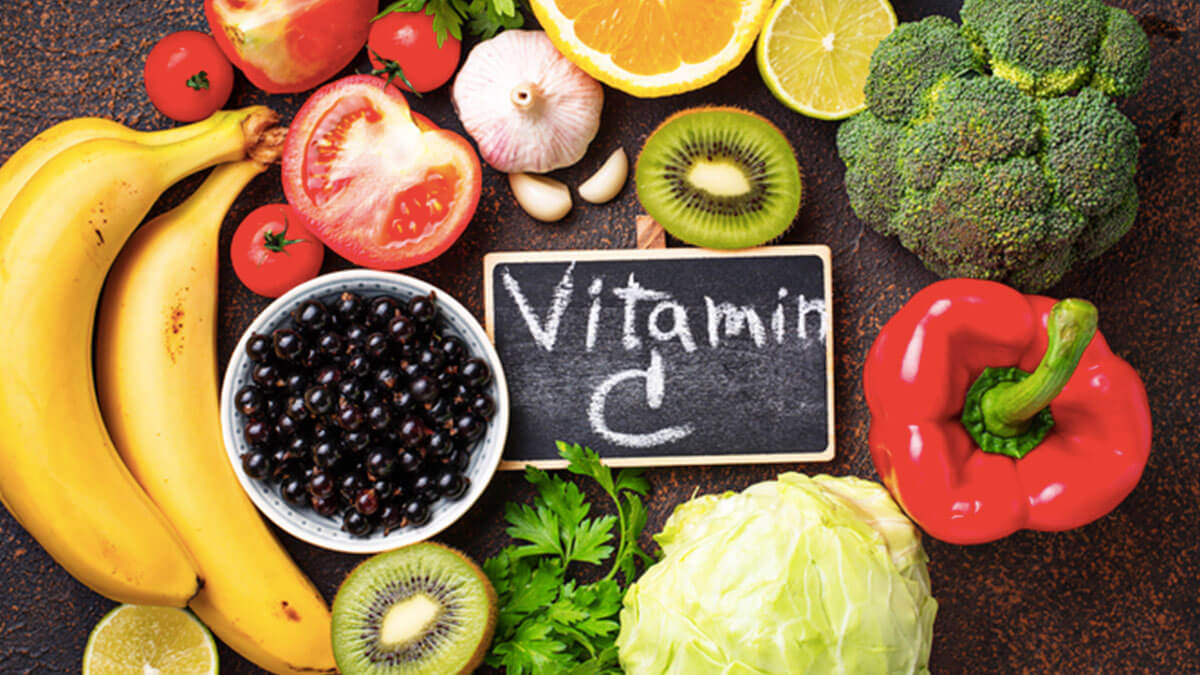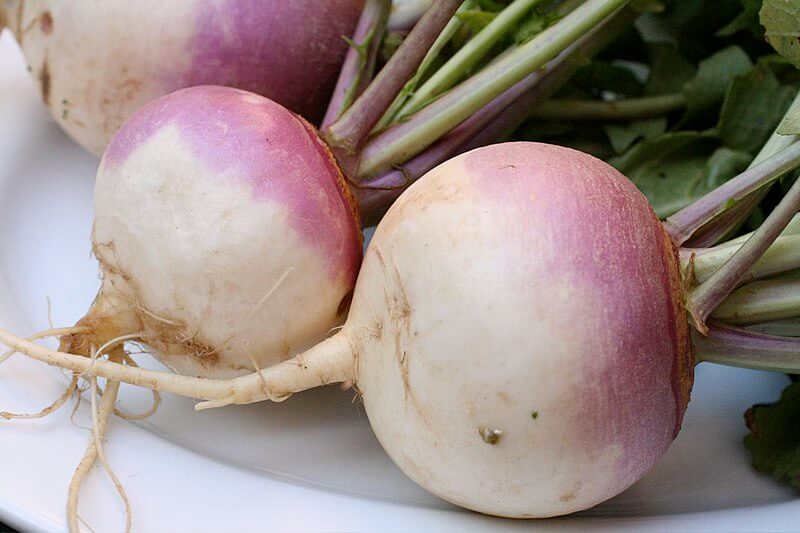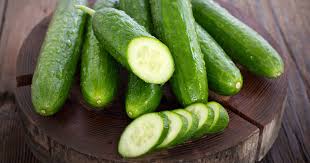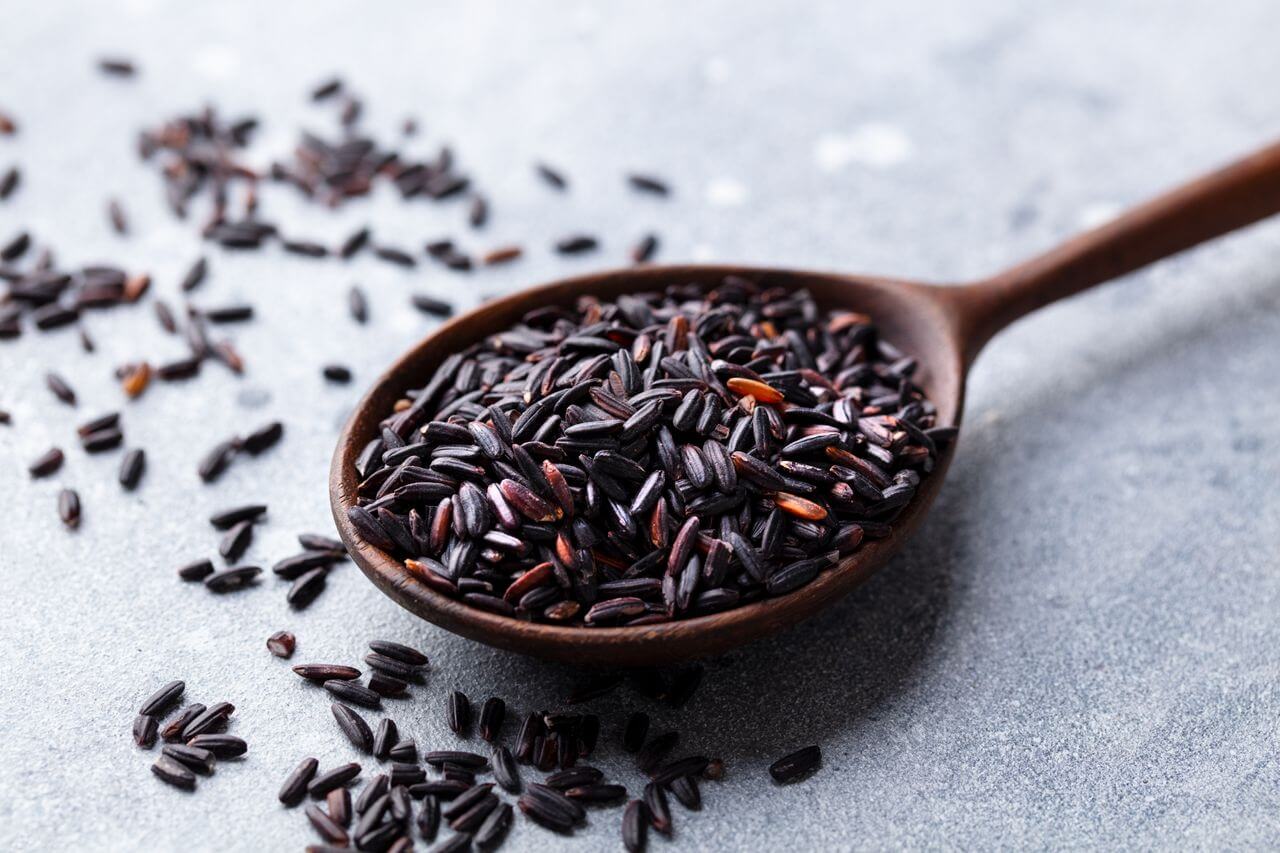Know the causes and symptoms of Vitamin C deficiency
Wed 26 Jul 2023, 23:00:06

Vitamin C deficiency is a serious health condition that many people are unaware of. It can lead to a wide range of health problems, including scurvy, muscle weakness, and poor wound healing. Being aware of the causes and symptoms of vitamin C deficiency can help you identify if you are at risk and take action to protect your health.
Vitamin C deficiency is a condition that occurs when a person does not consume enough vitamin C in their diet. Vitamin C is an essential nutrient that helps the body to make collagen, which is important for healthy skin, bones, and blood vessels. It also helps to strengthen immunity and fight off foreign invaders. In order for the body to function properly, it must have adequate amounts of vitamin C from dietary sources.
What Causes Vitamin C Deficiency?
There are several potential causes of vitamin C deficiency. A lack of dietary intake is one of the most common causes. People who have diets that are low in fruits and vegetables are at a higher risk of developing a vitamin C deficiency. Eating disorders such as anorexia nervosa and bulimia can also lead to vitamin C deficiency as they reduce the amount of food consumed. Other causes of vitamin C
deficiency include malabsorption issues due to digestive diseases, chronic alcohol consumption, smoking, and kidney dialysis.
deficiency include malabsorption issues due to digestive diseases, chronic alcohol consumption, smoking, and kidney dialysis.
What Are the Symptoms of Vitamin C Deficiency?
The most common symptom of vitamin C deficiency is scurvy. Scurvy is a condition characterized by fatigue, joint pain, skin lesions, gum disease, poor wound healing, and bleeding gums. Vitamin C deficiency can also lead to muscle weakness, poor vision, decreased appetite, dry skin, and depression. In more severe cases, a lack of vitamin C can cause anaemia, increased risk for infection, and poor wound healing.
How Can You Prevent Vitamin C Deficiency?
Preventing a vitamin C deficiency is relatively simple. The best way to ensure adequate intake is by consuming plenty of fruits and vegetables each day. Fruits such as oranges, grapefruits, kiwi fruit, strawberries, and cantaloupe are rich in vitamin C. Leafy green vegetables such as spinach and kale are also excellent sources of this nutrient. Other sources include potatoes, bell peppers, broccoli, tomatoes, and peas. Supplements can also be used to increase vitamin C intake but should only be used under the guidance of a healthcare professional.
No Comments For This Post, Be first to write a Comment.
Most viewed from
Most viewed from Health
AIMIM News
Latest Urdu News
Most Viewed
May 26, 2020
Which cricket team will win the IPL 2024?
Latest Videos View All
Like Us
Home
About Us
Advertise With Us
All Polls
Epaper Archives
Privacy Policy
Contact Us
Download Etemaad App
© 2024 Etemaad Daily News, All Rights Reserved.













.jpg)
.jpg)
.jpg)
.jpg)
.jpg)
.jpg)
.jpg)
.jpg)
.jpg)
.jpg)
.jpg)
.jpg)
















